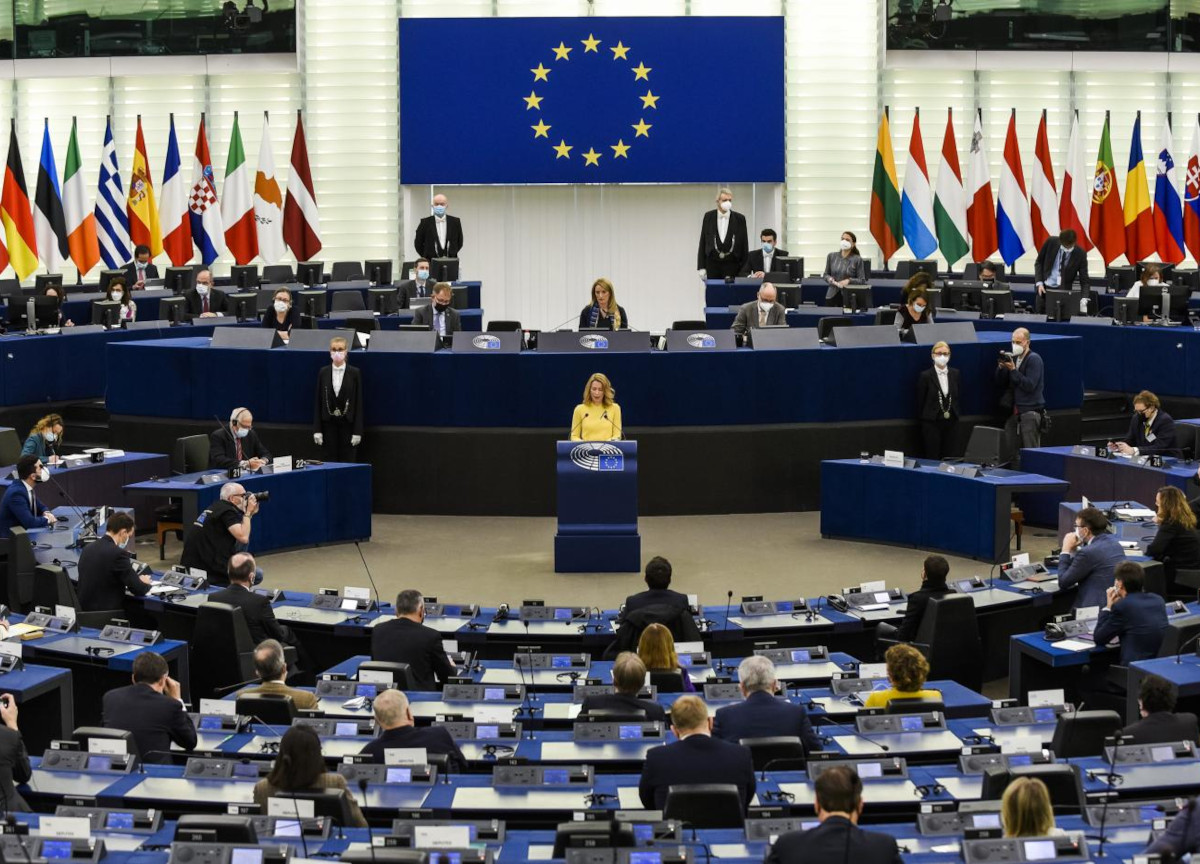From Meloni to Tajani, from Calenda to Schlein: they are all at the top of the list but none of them will sit in the European Parliament. The comment
Milena Gabanelli talks about deception. Romano Prodi he prefers to say that it is “a wound to democracy”. For Sabino Cassese it is a “small betrayal of the principle of representation”. Lilly Gruber pronounces the word “scam”. In the cases of crime there could be the “abuse of popular credulity” or even the “circumvention of an incapable person”. It’s more simply the Italian malpractice – and it seems to be only Italian (with very few exceptions, in France and Holland) – of run in the European elections just to attract votes and voters. Do we always make ourselves known?
Our party leaders – from Meloni to Tajani, from Calenda to Schlein – they are all at the top of the list, but none of them – they said it clearly – will go to sit in the European Parliament. Then there is the paradox of the Leaguewhich chooses a candidate as the head of the list – il General Vannacci – which is not from the League, and which is actually ignored by the Northern League leaders (with the exception of Salvini who wanted it). And there is the choice – sad and inappropriate – of Forza Italia, to display the symbol with the name of the founder, who died a year ago.
The usual Italian caravanserai. The enclosure of political disorder and electoral winks, where no one is ever what they represent themselves to be. It is no coincidence that now that the electoral campaign has begun in view of the vote on 8 and 9 June, posters with entirely national slogans and election programs that have nothing to do with Europe are starting to appear on the streets. There are those who indicate an agenda in which the priority goes to the problem of pensions, there are those who highlight the health crisis, there are those who call for a vote to guarantee safety on the roads and in homes (a good insurance policy would be enough ?), without worrying that nothing will be decided in Brussels on national resources regarding health, nor on social security rules, nor on public order.
But that’s how we are: there we proudly nominate ourselves for not doing and for not being there. The voters who will fall into the trap are fools. But when the trap concerns the entire political offer, how can we defend ourselves?
Calling for a debate on programs on the eve of an electoral appointment risks making me look like a beautiful soul who believes in fairy tales. Electoral programs are often an empty exercise even for our home elections. Why hope otherwise for the European elections?
Well, at least because every day we blame Europe, either to point it out as an example to imitate and a beacon to follow, or to contest its bureaucratic and anti-Mediterranean short-sightedness. We have no half measures: either you love it or you hate it. It’s a shame that no one is willing to indicate a path, a program, to help the Italy of tomorrow become better than that of yesterday, perhaps taking advantage of the opportunities offered by Brussels and Strasbourg. We are all aware that even national legislation largely depends on the indications offered by Europe: there are those who have counted that almost 60% of our legislative decrees are based on the established legislation (some anti-Europeanists would say, or would have said: tax) from Brussels.
The Ddependence on Europe is clearon the economic front – from the structural funds to the Pnrr – and on the regulatory one (for example on competition). And when we do not comply with EU regulations or directives we have to account for a dispute that weighs almost 100 million euros per year in fines for infringements and 74 procedures still open, in which Italy is under accusation for not having adapted to the European law. And yet, it seems that no Italian aspires to become an expert on the many subjects that occupy European meetings and reflections, and no one wants to propose themselves to electoral consensus due to his expertise. I could even venture – I fear without being wrong – that the majority of Italian MEPs are not even able to read the dossiers prepared by the Brussels offices, just because they are written in English.
